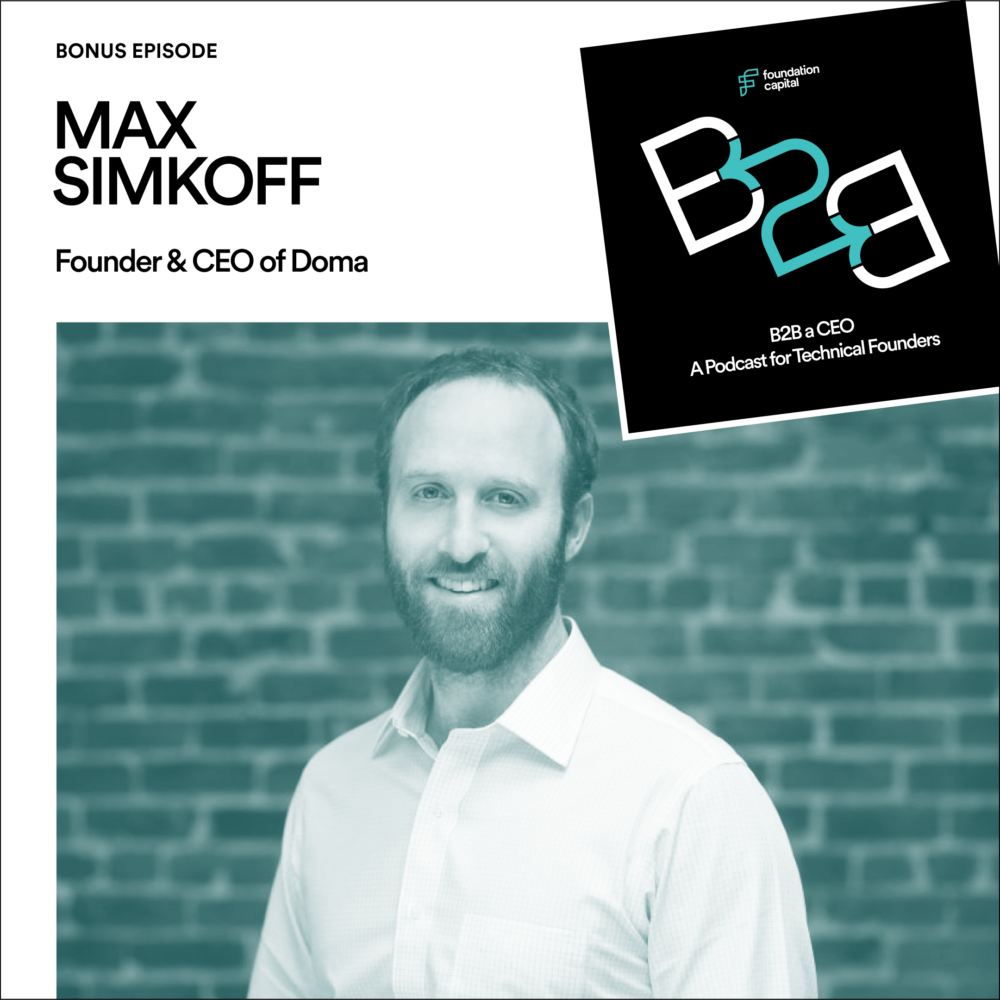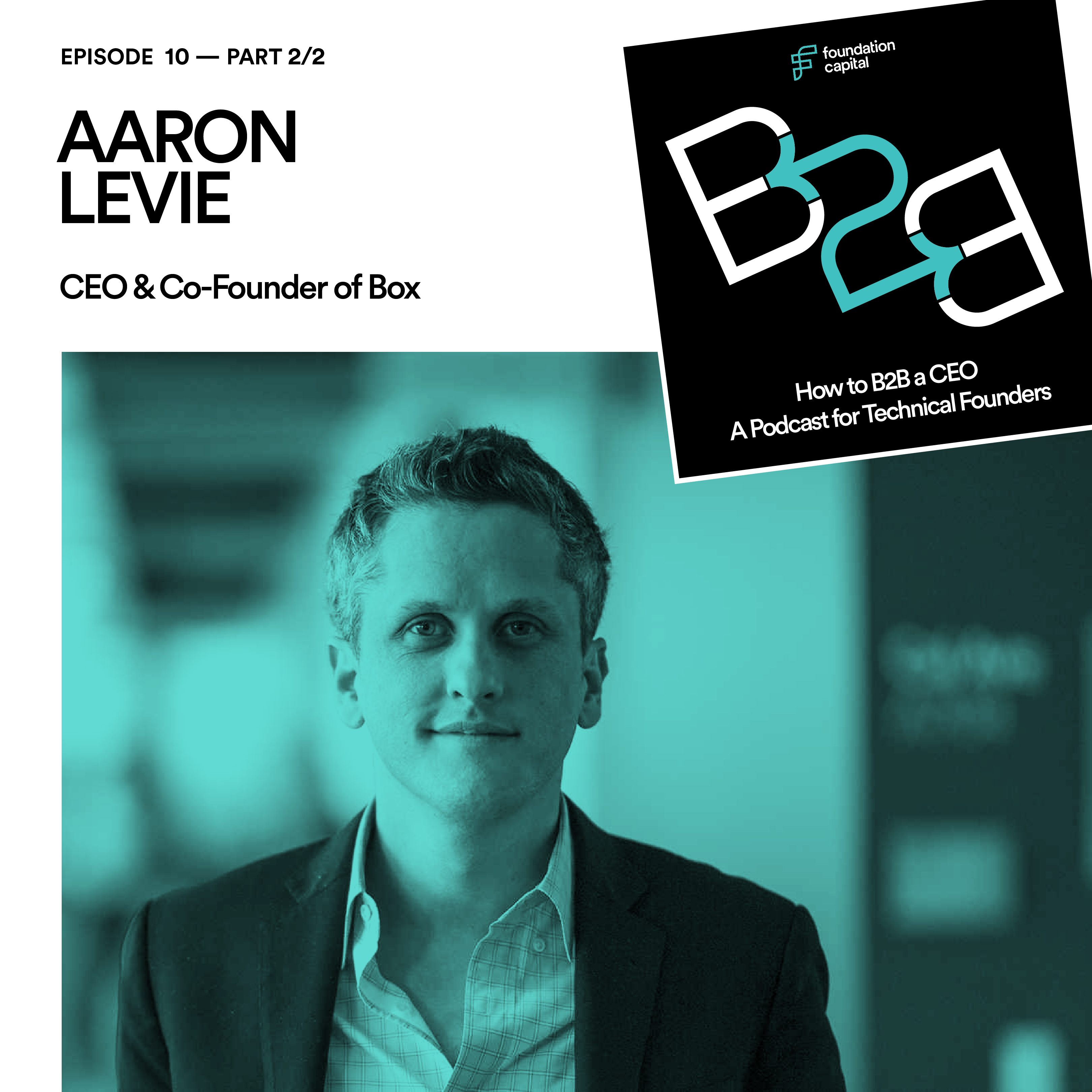EPISODE 09 – Part 1/2
How to Pivot
With Aaron Levie, CEO & Co-Founder of Box
By Ashu Garg
03.19.2019
LISTEN AND SUBSCRIBE:
NEWSLETTER / Apple Podcasts / Spotify / Google Podcasts / Simplecast
Dorm room startup co-founder Aaron Levie tells me how he made the decision to pivot Box from a consumer product to an enterprise solution.
I. Episode Recap
Aaron Levie is one of those startup founders who started in his college dorm room with a simple yet innovative idea that became a massive success. He even wore hoodies to pitch meetings in the beginning. Thanks to Aaron’s conviction that cloud software was the future of file storage, his willingness to pivot from consumer software to enterprise, and an email to Mark Cuban, Box went from idea to public company with a $1.7 billion valuation in 10 years. He tells me how he found funding and what made him decide that Box should be an enterprise company.
Consumer Beginnings, Great Timing, and Mark Cuban
- Aaron co-founded Box as a sophomore in college, seeing a need for online storage when the world was using physical storage devices and email to move files around.
- In 2005, the internet was getting faster, data storage costs were getting cheaper, and mobile was gaining traction. This was the perfect environment for cloud-based solutions to emerge.
And Now, the Pivot
- As a consumer company, Box quickly gained millions of users for its free offering but only a small percentage for its paid product.
- As an enterprise company, there would be far fewer customers, but those customers would be paying millions each.
- The decision to pivot was a no-brainer.
TIP: Which market is your product for? Aaron suggests figuring out your theoretical addressable market as both a consumer product and an enterprise product. Try to predict your revenue from both models. Looking at the numbers will help you figure out which business you’re really in (or should pivot to).
Getting Funded as a Young, Inexperienced Founder with an Uncertain Business Model
- Box’s first investor was a fluke: Aaron cold-emailed Mark Cuban and wound up with a $350,000 seed investment.
- But the Series B funding round wouldn’t be so easy. VCs saw young, inexperienced founders with a new business model and not much for results. Box was rejected by almost everyone in Silicon Valley.
- They “got lucky” with Mamoon Hamid, who hadn’t gotten burned by an enterprise software play yet.
TIP: Use feedback from rejected pitches to analyze and improve your pitch, but never change your underlying conviction that your product is the future of an industry. Aaron was convinced that cloud software was the future and refused to create an on-premises version of Box. It lost customers in the beginning, but he got them back when the industry caught up to his vision.
Enterprise Sales Aren’t the Same as Consumer Sales
Aaron initially assumed that selling to business customers was the same as consumers; that it could be done with an inside sales model through a website. Turns out businesses need much more than that before deciding to commit millions of dollars to something.
Published on 03.19.2019
Written by Ashu Garg


